Linda Evangelista famously declared that “we don’t wake up for less than $10,000 a day”. That was late 1990 and she was one of the most famous people in the world at the time. She knew what she was worth. That was the going rate for a supermodel; her agent lined up the gigs, she turned up and did her thing and they paid her $10,000 a day, at least. A simple exchange of consideration. Valuing your proposition should, in principle, be similar.
When it comes to valuing assets however, increased complexity often makes things a little less straightforward. Take property: it’s often said that a house is worth what someone is prepared to pay for it, but it’s rarely as simple as that. Finding the right buyer isn’t easy and there are many factors that determine the final sale price of a house. And then you have Estate Agents. Officially representing the seller (who pays them) but doing their best to make it feel like they’re representing the buyer too. Typically charging a percentage of the final sale price, they have a clear incentive to keep prices high. Property sales can also fall through. You have surveys, finance, conveyancing, chains, all in all there’s lots of complexity and therefore plenty that could go wrong. But if you want to know what your house is worth, you probably ask an agent. And you may well get drawn into selling your home when you do.
So, what about a business? Again, lots of complexity and a lot that could go wrong. Want to know what your business is worth, why not ask an agent. They’re involved in deals and should therefore know what you’re worth. Well, maybe but there are several key factors to consider. Who pays them is top of the list and in most cases that will be the buyer. This means their incentives are not aligned with yours. Are they telling you what you’re really worth, or just what they know a buyer will pay? And are they whole of market or do they just do deals with specific firms? There are a lot of active buyers right now and researching the entire market is a lot of work. If a broker only works with a small number of reliable buyers, are you finding out your value, or just what a narrow group of firms are prepared to pay you?
Of course, the reason why you want to know what your worth can also be a factor. For many, it’s to get an idea of the starting position. It could be an internal succession plan, an existing shareholder leaving for a specific reason and yes, it might be the requirement for an impending capital event for all existing shareholders. An idea of what the ‘market’ thinks a firm is worth can miss the nuance of a specific situation. There is a huge difference between a valuation and an offer and context is critically important.
Now of course there’s a punchline here. Yes, we do valuations. Yes, we represent sellers in transactions. Yes, we research and work with the entire market. And no, I haven’t decided to start pitching in my blogs. After 16 years of hard graft, I just can’t bring myself to do it. But, there are a lot of business owners looking to find out what they’re worth and many are asking the wrong people the wrong questions, which is creating the wrong outcomes. We do a comprehensive job when we value a business. We’ve refined the process over many years. It’s a stand-alone piece of work. Clients pay for it. And yes, there are firms claiming to do the same thing for free. But, to end as we started, with a (more recent) saying, ‘if the price is free, you’re the product’.
